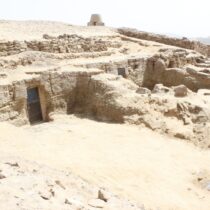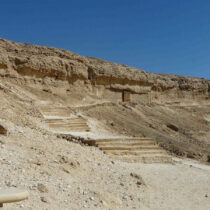The idea of critical distance in relation to magic is by no means self-evident. This article examines some of the ways in which various cultures like those of the ancient Greeks and the Azande and various individuals across time- from Cicero and Plotinus to Tylor and M. Douglas- have talked about and proposed theories about magic. In studying the theory and practice of magic of other societies, we suffer from a serious handicap: our view is coloured from the first by the disparagement of magic, an attitude which reaches back to the Early Church, the European enlightenment and Victorian (middle-class) rationalism. The archaeologist and ancient historian face a practical obstacle as well: his or her subject are dead and buried, and so they lack local informants. Yet more recent field data, including e.g. the “logical” premisses on which a local community explains the operation of magic, may throw suggestive light on the ancient data and enable us at least to frame pertinent questions about the older material. One way of approaching magic critically is to study it as a performance inolving symbolic action and to focus especially upon the context of such rituals as well as the magical language. Malmowski exemplified this approach in several works on the Trobriand islands, and his innovation has proved liberating for some 65 years now.
Talking of magic
22 Aug 2012
by Archaeology Newsroom
- A
- A
- A


